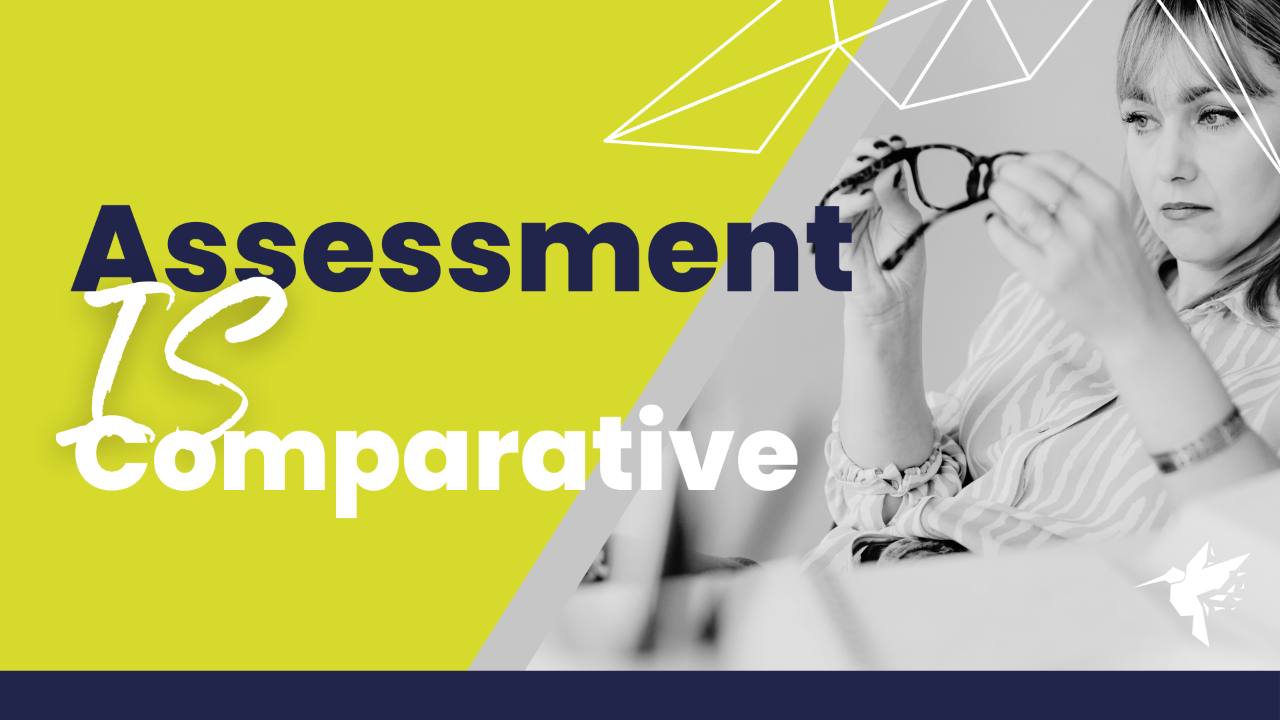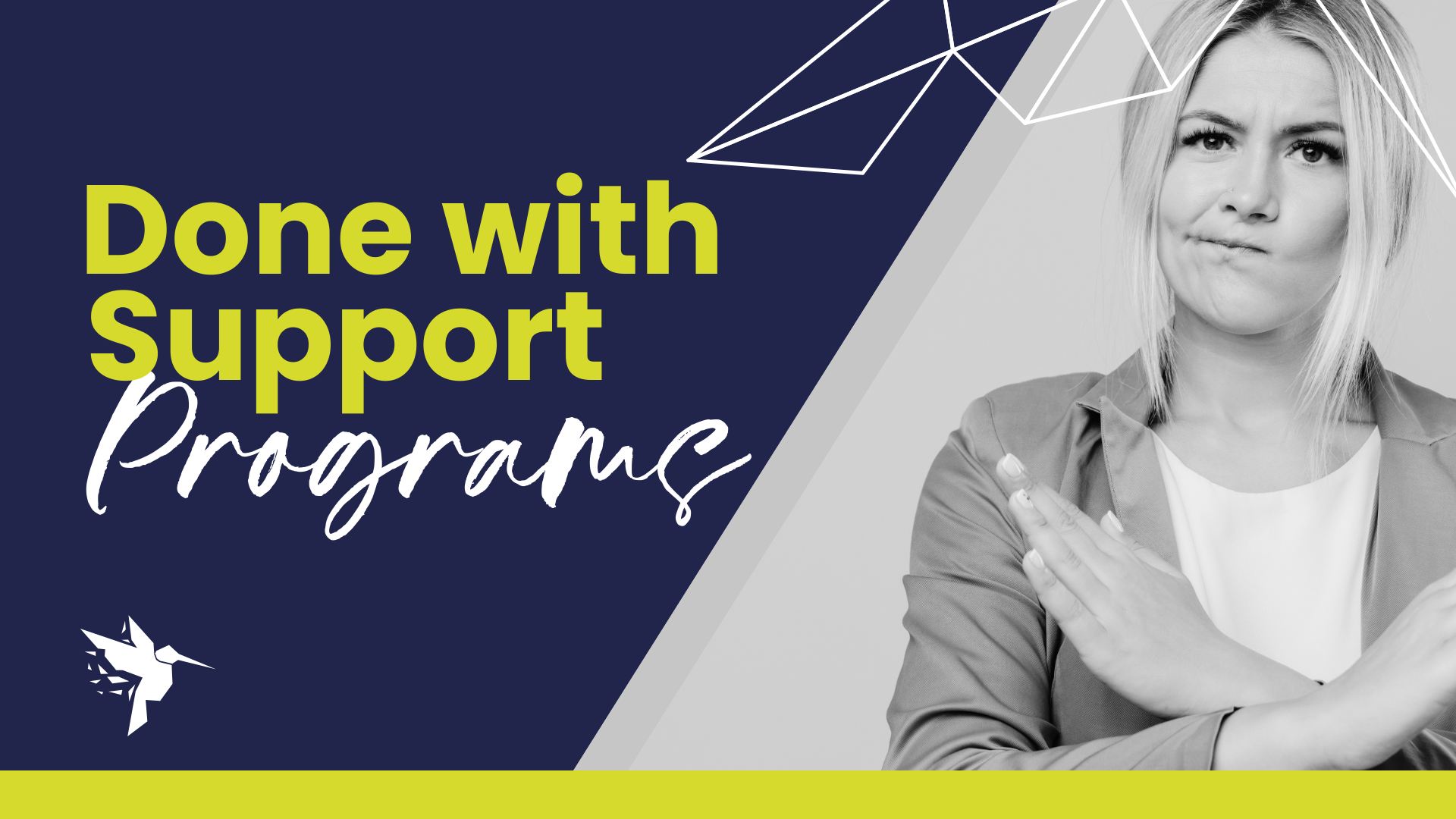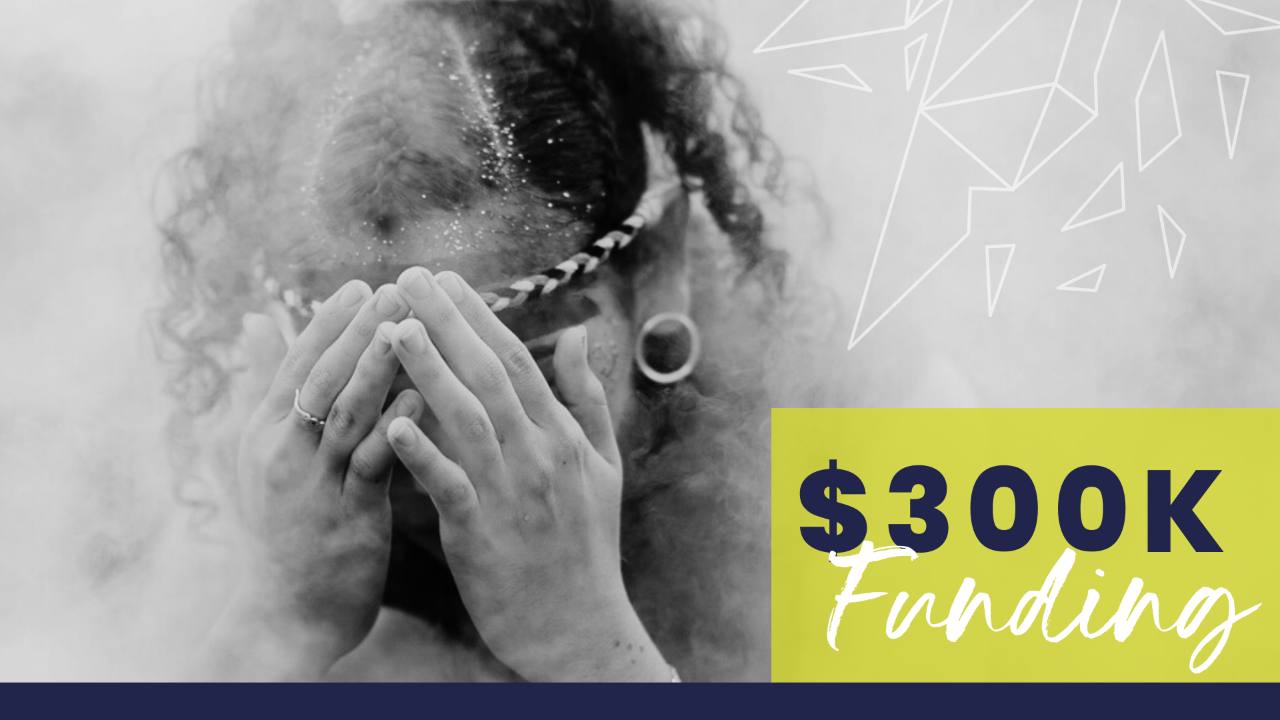Good ideas aren’t enough. Here's what matters more.
Every week, I meet founders and leaders working on bold, purpose-driven ideas.
Some are early-stage - testing, refining, still finding their feet. Others have years of experience behind them. But despite that range, many of them hit the same wall when it comes to grants: they assume funders are looking for a great idea.
They’re not.
Funders are looking for evidence.
Evidence of Demand.
Evidence of Success.
Not because they’re rigid. Not because they don’t care.
But because they need to know two things, before they can say yes.
First, they need to trust that you’ll do what you say you’ll do.
That the budget won’t vanish into vague activities.
That the program you’re proposing is thought through, not just dreamed up.
Second, they need to trust that you actually have the ability to deliver it.
That you have the systems, the support, the partnerships, or at least the plan, to make it real.
This isn’t about box-ticking. It’s about risk.
Funders are accountable too - to boards, to government audit committees, to public stakeholders. When they give you money, they’re backing you to make them look good. That’s why evidence matters. It builds confidence. It gives them a reason to believe in you.
So if you're planning to apply for funding, whether it’s $5,000 or $500,000, here’s what you need to have in place before you hit submit.
You need proof of demand. It’s not enough to say your work is needed. That might be true, but funders want validation. They want to see signs that your idea is already working in the community. That could be testimonials from participants, early pilot results, or letters of support from trusted organisations. Something - anything - that shows this isn’t just a good idea on paper.
You need to explain how the project will run. Not just what it hopes to achieve, but the practical details.
Who’s involved?
What’s the timeline?
What are the milestones?
How will you know if it’s working?
A delivery plan turns a concept into a commitment. And without it, your application is just a wishlist.
If you’re early-stage, partnerships matter. One of the smartest things you can do is collaborate with someone who already has community trust. That might be a nonprofit, a local council, a school, or a community leader. Funders are more likely to say yes when they see you’ve got strong relationships and shared responsibility. It signals that you're serious, and that you’re not doing this alone.
You also need to show how the work will sustain itself. Many founders treat grants as the answer to everything. But funding bodies want to know what happens next. Is there a revenue stream, a future growth plan, or another round of funding you’re working toward? No one expects perfection, but they do expect foresight.
And finally, you need to be clear about impact.
What will actually change because of this funding?
It’s not enough to list outputs like workshops or resources. You need to describe outcomes. What shifts for your community, your clients, or the people you’re trying to serve? What’s the ripple effect, and how will you know it's happening?
This is what funders are looking for. Not perfection. Not polish. But clarity, thoughtfulness, and evidence that you know what you’re doing, and why it matters.
If you’re not sure where you stand, or you’re preparing to apply for your first serious funding round, I’ve created something to help.
The Grant Ready Checklist walks you through each of these elements - clearly, practically, without the jargon.
You don’t have to guess what funders are looking for.
You just have to show them you’re ready.
Let’s make sure your next application doesn’t just get submitted.
Let’s make sure it gets taken seriously.
Lisa Erhart is committed to funding equity through her work at Funding4Growth, supporting overlooked founders to scale with confidence. Learn more.




Responses